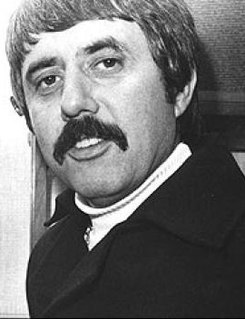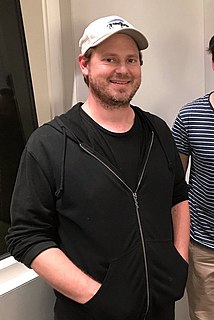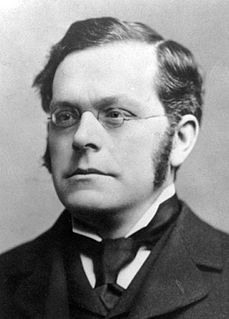A Quote by Lee Hazlewood
Related Quotes
The true historian, therefore, seeking to compose a true picture of the thing acted, must collect facts and combine facts. Methods will differ, styles will differ. Nobody ever does anything like anybody else; but the end in view is generally the same, and the historian's end is truthful narration. Maxims he will have, if he is wise, never a one; and as for a moral, if he tell his story well, it will need none; if he tell it ill, it will deserve none.
It is one thing to write as poet and another to write as a historian: the poet can recount or sing about things not as they were, but as they should have been, and the historian must write about them not as they should have been, but as they were, without adding or subtracting anything from the truth.
Once upon a time, a historian told me that the most important choice a new historian could make was of his or her specialist subject. Most of the good stuff was far too overcrowded, so you had to pick about in the exotic and extinct. His recommendations were the Picts or the Minoans, because hardly anything was known about them and you could spend a happy lifetime of speculation.
If you have things or are involved with things that turn on, it's going to have code. And there are so many people - let's pick on the historians - even as a historian, let's say I ended up going the road of being a historian, just knowing some basic scripts, any kind of automation would have made me a 10 times better historian because I wouldn't have to sit there changing every file name to "1234" and then "12345." It can have a transformative value.
We stock up on popcorn and candy like we're crossing the Sierras, don't we? I'll have a couple of soft pretzels, a hot dog, Milk Duds, Snocaps. Is that the largest popcorn you've got there, that bucket? You don't have a barrel or anything like that? Do you have a donkey or a pack mule or anything? - Oh, and a Diet Coke.




































